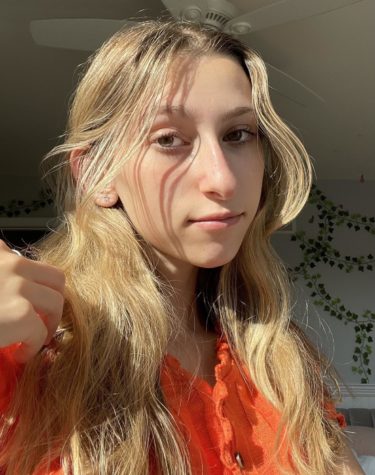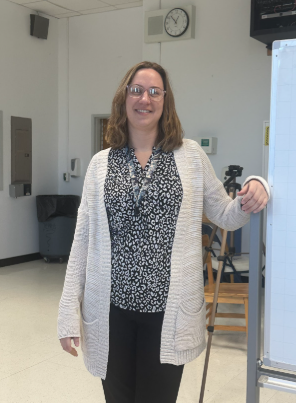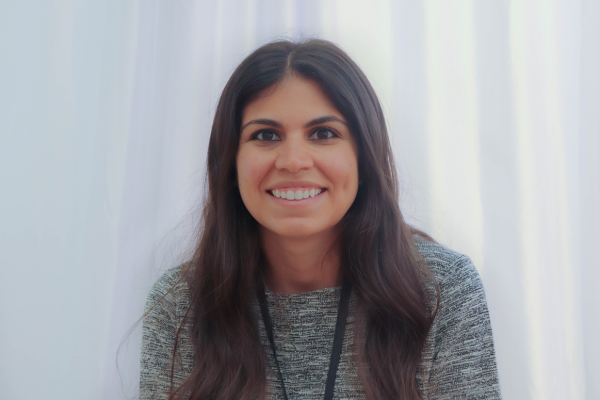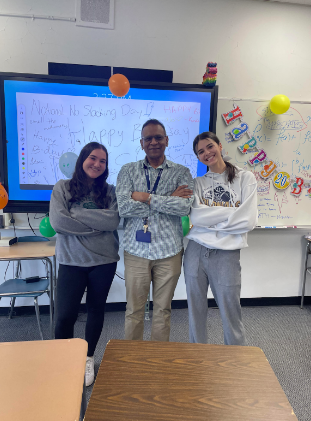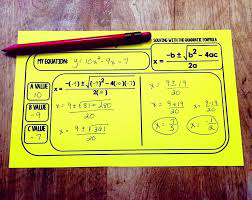Teacher Feature: Mrs. DeGregorio
If understanding history is the key to understanding the present, there’s no better source than a history teacher. At Freehold High School, Mrs. DeGregorio teaches history to share how we can learn from the past and move forward.
Q: The cliche to end all cliches: what made you want to teach history?
A: My dad was a really big history buff, so growing up we traveled to plenty of historical places. I grew up knowing I loved history. I started undergrad as a psychology major thinking I would help children, and eventually teaching gave me a way to put the two of them together.
Q: APUSH or World History?
A: I do like APUSH because I like the time period, and my dad was really fascinated with military history.
Q: Which grade do you like teaching best?
A: That’s like asking me about my favorite child! “I won’t tell anyone!” I really like teaching freshmen and juniors. Freshman are trying to figure out themselves and high school, and juniors are almost adults who are pushing voting age and seeing these lessons as real.
Q: How does American history teach us about our modern political climate?
A: I think a lot of what we talk about today can be traced back to history in some way. I think the backstory helps to understand what’s going on, whether it’s foreign policy or battles or traditional views of each party. We’re always influenced by our past.
Q: How does having a junior at home learning the same subject impact how you teach?
A: I have a freshman and a junior now, so I really see both angles. I think I always try to be in tune with everything students have going on outside of school. But, I think having two kids inside the situation made me even more aware of it. Looking at their work and their take home work, and the similarities and differences between the classes, and the need for student responsibility as well as the disruption to it with different learning styles-I feel like I see the other side of the coin better. It’s nice to see how different teachers approach the same lesson, in and outside of this building.
Q: Which period of history is your favorite to teach?
A: I really like the 60s- if I had to pick a decade. Between Cold War military history, the civil rights movement kicking up, the counterculture movement, the music of the time period, how much it all represents the political activism of the time period. I think there’s something for every student that they might find interesting.
Q: How are you keeping students engaged after two or more years online?
A: To be honest I think it’s something all of the teachers are struggling with, and I see it in the students as well-my own kids struggle with it also. It’s hard to get it back, we’re trying different things in the classroom to capture attention but also try to get back that student ownership and responsibility. I’m not sure-it’s hard. It’s a challenge for us and the students. I try to do a lot of partner and group interaction, when students were on the other side of the screen I think a lot of the social aspect took a big hit. I can’t say I have just one thing that’s really working. We’re trying different things and trying to be compassionate with the students, acknowledging that each student had a different time at home and virtually.
